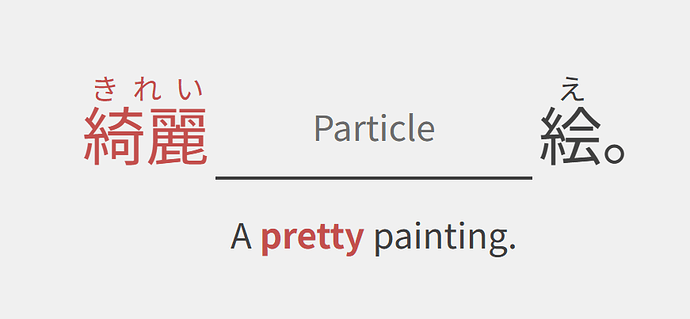Why does it keep asking me for the past forms of い adjectives for this lesson, when that is its own grammar point and I haven’t added that to my reviews yet?
This is kind of annoying. I get this is a real easy one, but still… If it’s going to ask for it, then it should teach it for that grammar point.






